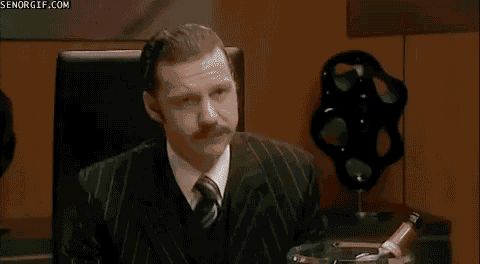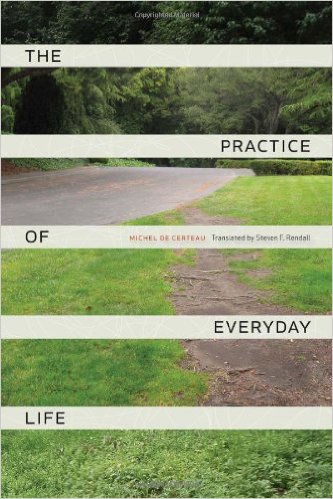
Nowhere are we more frustrated as a species than in the meeting. My reasoning behind this loathing is that we hate the blatant flaunting of our own time being bought and dripped in front of our eyes sloooowly into the toilet.
Many forms of suffering have a reason, a lesson, some deeper work in our overall purpose. The meeting's purpose seems to be to make us absolutely clear on how much control we really have. (None.)
However, French philosophers have a lot to teach us about making use of meeting, and also use of wine. Foucault wrote of the Panopticon, an all seeing and powerful controlling force which metes out the content of our lives relentless, against which resistance is futile. Think of the Panopticon as the Eye of Sauron, glaring at you if you leave to pee during a board meeting:
Other happening French dude Michel de Certeau makes a counter-argument in The Practice of Everyday Life: we can thwart the eye of the Panopticon by being tiny and hobbit like in our defiance. In other words, we can adopt tactics which undermine the control of the powers-that-be in small, daily ways. These ways are beneath notice, and are powerful in their aggregation.
If you want to hone your tactics, meetings are the best place you can be. They supply both an opportunity to practice and to research tactical methods. I recently took a survey of a week-long session of various professional development meetings in my place of work, to find the following tactics:
"I can do this. 40 more minutes of utter bullshit. I am in a zen state of acceptance. I let the river of professional development refuse pass through me."
Many forms of suffering have a reason, a lesson, some deeper work in our overall purpose. The meeting's purpose seems to be to make us absolutely clear on how much control we really have. (None.)
However, French philosophers have a lot to teach us about making use of meeting, and also use of wine. Foucault wrote of the Panopticon, an all seeing and powerful controlling force which metes out the content of our lives relentless, against which resistance is futile. Think of the Panopticon as the Eye of Sauron, glaring at you if you leave to pee during a board meeting:
Other happening French dude Michel de Certeau makes a counter-argument in The Practice of Everyday Life: we can thwart the eye of the Panopticon by being tiny and hobbit like in our defiance. In other words, we can adopt tactics which undermine the control of the powers-that-be in small, daily ways. These ways are beneath notice, and are powerful in their aggregation.
If you want to hone your tactics, meetings are the best place you can be. They supply both an opportunity to practice and to research tactical methods. I recently took a survey of a week-long session of various professional development meetings in my place of work, to find the following tactics:
- Angry birds, Fruit ninja, etc: I find these inadvisable. Sure you're distracted, but they have a high "discoverability" rate and are not helping you get anywhere with your own life or aims.
- Multiple tabs: Switching back and forth is an essential workplace skill. Likely honed in college when you were lying to yourself about the ratio between study tabs and porn.
- Lists: My personal favorite meeting topic. Write tiny, so the speaker things you are taking notes. Really you are planning what vegetable to plant in your winter garden, or what recipes to try for your next party, or ambitious collaborative art projects.
- Voyeurism: Read everyone else's lists, and enjoy Fruit Ninja vicariously. Less useful, and definitely playing it safe. I punish over the shoulder readers by opening up terrifying web-pages that scar them for life.
- Doodles, the meeting gold-standard. As long as you maintain occasional eye contact and faint nodding, you can doodle indefinitely. I have to assume the Book of Kells was made during a series of fucking boring meetings.
- Bonus: The Artist-Brain works on multiple levels most of the time, like an entire family of ADHD sufferers. Instead of fighting this, because the Panopticon says you should focus and be productive, embrace it. The inside of your mind is completely free. Breathe, think inward like a mental spelunker, and imagine the meeting away. Your best ideas are simmering somewhere in the background of your brain anyway.
- Finally, boredom is usually inexcusable, but in meetings it is an endurance sport. Make a mantra:
"I can do this. 40 more minutes of utter bullshit. I am in a zen state of acceptance. I let the river of professional development refuse pass through me."


 RSS Feed
RSS Feed
